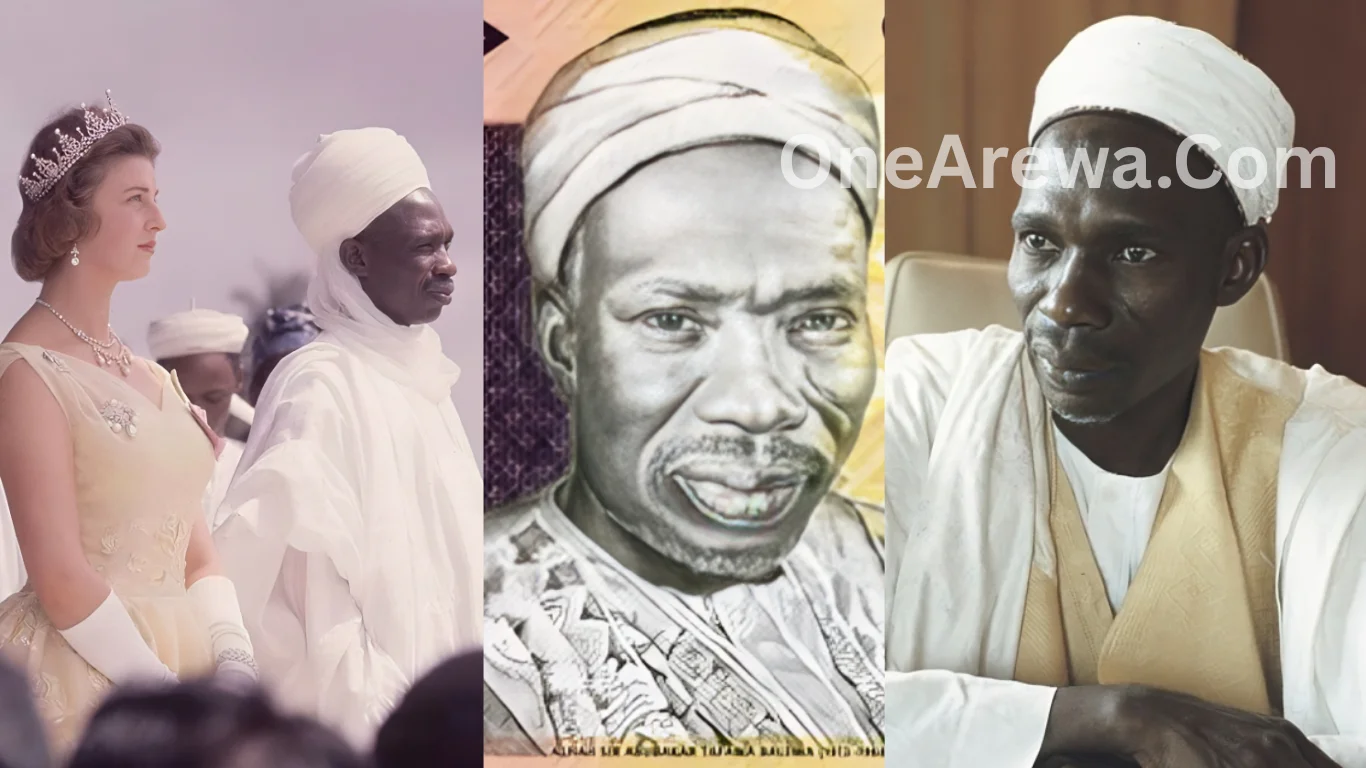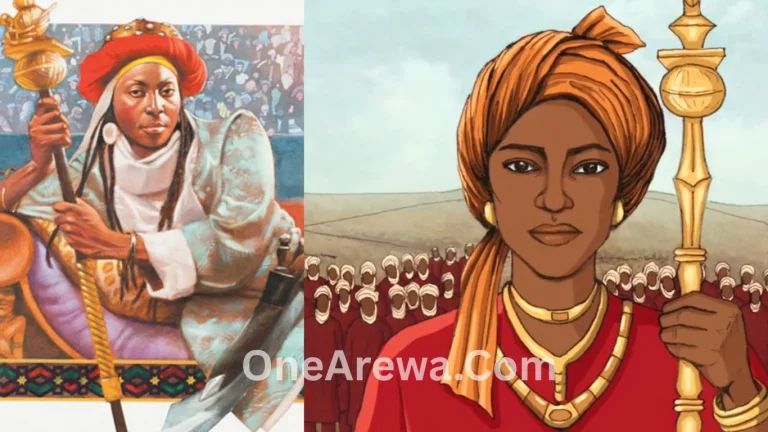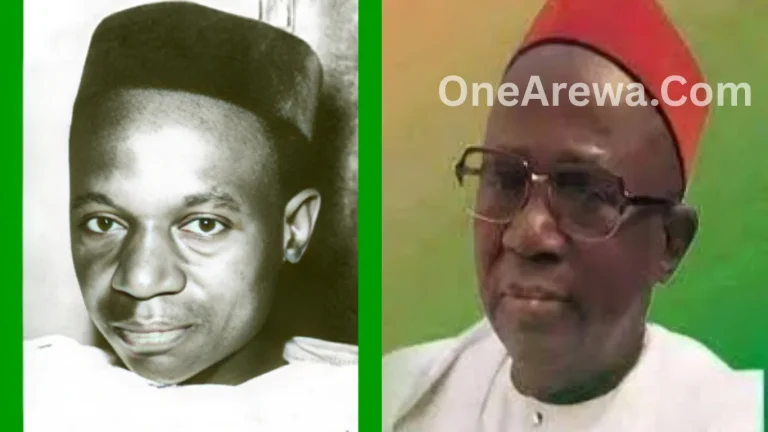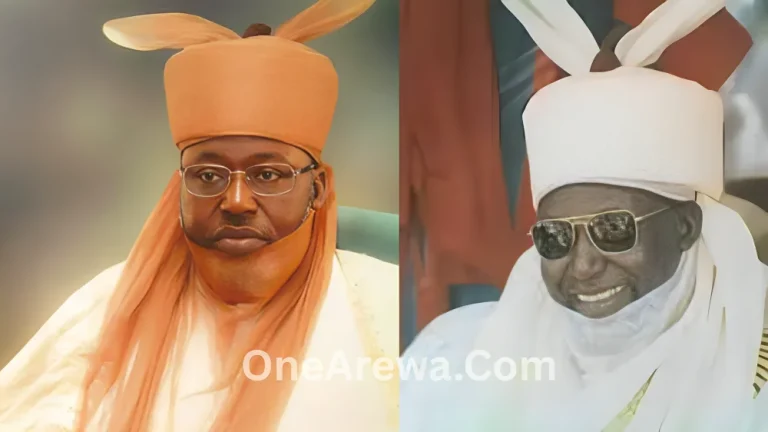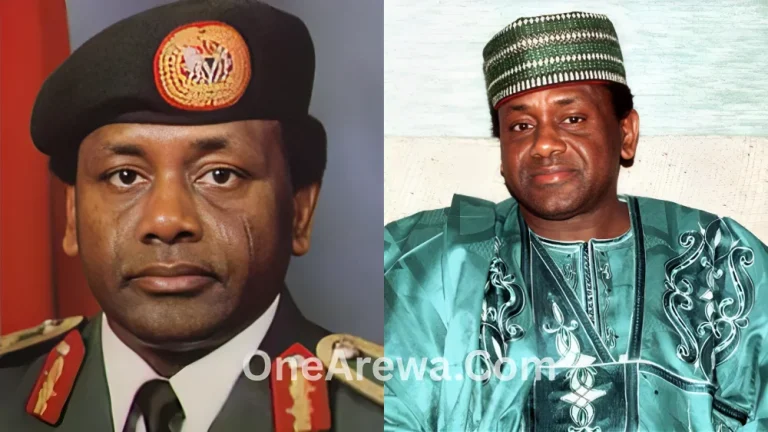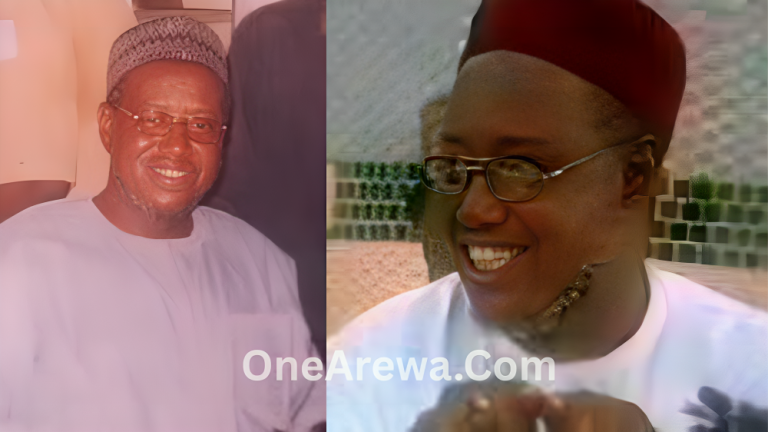Sir Abubakar Tafawa Balewa: Nigeria’s First Prime Minister (1912-1966)
Sir Abubakar Tafawa Balewa: Nigeria’s First Prime Minister (1912-1966)
Sir Abubakar Tafawa Balewa (1912–1966) was a key Nigerian statesman and the first Prime Minister of Nigeria, serving from 1957 until his assassination in 1966.
Born in Bauchi, Northern Nigeria, Balewa was educated at the University of London’s Institute of Education.
He began his political career in 1946, later joining the Northern People’s Congress (NPC).
He played a central role in Nigeria’s path to independence, becoming Prime Minister after the 1959 elections, and securing independence in 1960.
His leadership emphasized national unity, federalism, and coalition-building among Nigeria’s diverse ethnic groups.
Despite challenges, including regional tensions and violence, Balewa remained committed to keeping Nigeria united.
Balewa was killed during the first Nigerian military coup in January 1966.
His legacy endures, as he is remembered as a founding father of modern Nigeria, with institutions named in his honor, such as Abubakar Tafawa Balewa University.
His contributions to Nigerian independence and governance remain significant to this day.
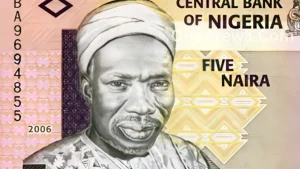
Sir Abubakar Tafawa Balewa: Wikipedia
| Fact | Details |
|---|---|
| Full Name | Sir Abubakar Tafawa Balewa |
| Born | December 1912, Bauchi, Northern Nigeria |
| Died | January 15, 1966, near Ifo, Nigeria |
| Profession | Teacher, Politician |
| Education | London University Institute of Education (1945) |
| Political Party | Northern Peoples Congress (NPC) |
| Position | First Prime Minister of Nigeria (1957–1966) |
| Key Role | Key role in Nigeria’s independence and the early years of self-governance |
| Prime Ministership | Prime Minister from 1957, continued after Nigeria’s independence in 1960 |
| Challenges | Ethnic, regional tensions, political unrest, and military discontent |
| Assassinated | January 15, 1966, during a military coup |
| Legacy | Symbol of unity, educational advocate, martyr for national cohesion |
| Honors | Abubakar Tafawa Balewa Square in Lagos named in his honor |
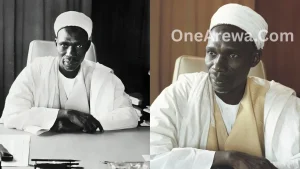
Sir Abubakar Tafawa Balewa: Early Life and Education
Sir Abubakar Tafawa Balewa was born in 1912 in Bauchi, Northern Nigeria, into a commoner family, which was unusual for political leadership in the region.
He attended traditional Islamic schools before pursuing further education.
Balewa’s academic journey took him to the University of London’s Institute of Education in 1945, where he studied to become a teacher.
This made him one of the first Northern Nigerians to receive formal education abroad.
Upon his return to Nigeria in 1946, he became a teacher and later entered politics, marking the beginning of his long and influential career in Nigerian public life.
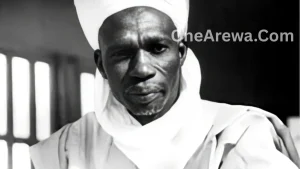
Sir Abubakar Tafawa Balewa: Political Career
Sir Abubakar Tafawa Balewa began his political career in 1946 when he was elected to the House of Assembly of the Northern Region.
In 1947, he was one of five representatives from the region to the Central Legislative Council in Lagos.
Despite the hostility from some conservative emirs, Balewa was re-elected to the assembly in 1951.
In 1952, Balewa joined the federal government as a minister in charge of works and transport.
His political influence grew, and he became the leader of the Northern Peoples Congress (NPC) in the House of Representatives.
As leader of the NPC, he was appointed Prime Minister of Nigeria in 1957, making him the country’s first federal prime minister.
Balewa’s leadership focused on promoting Nigerian unity, while also defending the special interests of the Northern Region.
After Nigeria’s independence in 1960, he continued his role as prime minister, maintaining a coalition government with Nnamdi Azikiwe’s National Council of Nigeria and the Cameroons (NCNC).
Despite his efforts to unite Nigeria, his tenure was marked by growing political tensions, particularly in the Western Region, leading to violence and unrest.
His inability to resolve these issues ultimately contributed to the challenges faced by his government, culminating in his death during the 1966 Nigerian coup.
Sir Abubakar Tafawa Balewa: Prime Ministership
Sir Abubakar Tafawa Balewa became Nigeria’s first Prime Minister in 1957 after leading the Northern Peoples Congress (NPC) to power.
His appointment came during a period of growing political transition as Nigeria was moving toward independence.
As Prime Minister, Balewa played a key role in the formation of a coalition government that included his party, the NPC, and the National Council of Nigeria and the Cameroons (NCNC) led by Nnamdi Azikiwe.
This coalition was essential in maintaining national unity and guiding the country towards independence, which was officially granted in 1960.
Balewa’s leadership was characterized by his advocacy for Nigerian unity and federalism, as he worked to balance the interests of the country’s regions.
However, his powers were limited by the federal structure, which gave more authority to the regions, especially the North.
During his tenure, Balewa faced increasing political tensions, particularly in the Western Region, marked by election boycotts in 1964 and rising ethnic and regional divisions.
Despite his efforts to calm the situation, he was unable to prevent violence and army unrest, which eventually led to the 1966 Nigerian coup.
Balewa was assassinated during this coup in January 1966, marking the end of his tenure as Prime Minister and a tragic turning point in Nigeria’s political history.
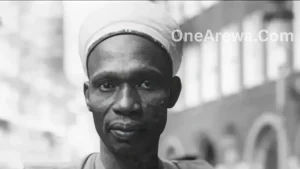
Sir Abubakar Tafawa Balewa: Challenges and Assassination
1. Regional Tensions: Balewa faced challenges in maintaining national unity amid conflicts between regional governments, particularly between the North and West.
2. Political Unrest: The 1964 elections were marred by violence and boycotts, highlighting deepening divisions in Nigeria.
3. Army Discontent: By the mid-1960s, the military grew increasingly disillusioned with the civilian government, creating internal tensions.
4. Ethnic and Religious Divisions: Balewa struggled to balance the ethnic and religious divides, particularly between the Muslim-majority North and the Christian-majority South.
5. In January 1966, the tensions culminated in a military coup led by officers, mainly from the Igbo ethnic group, disillusioned with the government’s handling of national issues.
6. On January 15, 1966, Balewa and other political leaders were assassinated, marking a tragic turning point in Nigerian history.
7. His death led to political chaos and instability, initiating a series of military coups that dramatically changed the country’s political landscape.
Sir Abubakar Tafawa Balewa: Personal Life
Sir Abubakar Tafawa Balewa was a modest and reserved man, known for his humility, integrity, and devout Muslim faith.
He was married to Hajiya Fatimah and had a family. Balewa lived a simple and dignified life, avoiding the trappings of power.
His early education shaped his dedication to learning and national development.
Outside of politics, he had a love for reading and learning, focusing on Nigeria’s future rather than personal leisure.
His character and commitment to his country were central to his legacy.
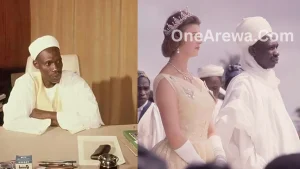
Sir Abubakar Tafawa Balewa: Honours
Sir Abubakar Tafawa Balewa received several prestigious honours during his lifetime in recognition of his significant contributions to Nigeria and the world:
1. Knight Commander of the Order of the British Empire (KBE): Awarded in 1962 by the British government for his leadership and role in Nigerian independence.
2. Privy Councilor (PC): Appointed by Queen Elizabeth II, a rare distinction granted to few leaders.
Legacy of Sir Abubakar Tafawa Balewa
1. Nation-building and Unity: Balewa is remembered as a symbol of Nigerian unity, working tirelessly to bridge ethnic and regional divides and ensure a strong, unified Nigeria.
2. Educational Advocacy: His background as an educator influenced his promotion of national education policies that aimed to uplift citizens and reduce the educational divide between regions.
3. Founding Role in Nigeria’s Independence: As the first prime minister, Balewa played a pivotal role in Nigeria’s transition from colonial rule to self-governance, laying the foundation for the country’s independence.
3. Political Ideals: Balewa’s belief in consensus politics and coalition governments shaped early Nigerian democracy, focusing on collaboration rather than confrontation.
4. Sacrifice and Martyrdom: His assassination in the 1966 coup made him a martyr for national unity, symbolizing the breakdown of democracy and sparking a reevaluation of Nigeria’s political landscape.
5. Public Honors: Balewa is honored through landmarks like the Abubakar Tafawa Balewa Square in Lagos, cementing his status as a respected figure in Nigerian political history.
NOTE: Balewa’s legacy is marked by patriotism, dedication to unity, and a commitment to Nigeria’s independence and democratic development.
FAQs
1. Who was Sir Abubakar Tafawa Balewa?
Sir Abubakar Tafawa Balewa was Nigeria’s first Prime Minister, serving from 1957 to 1966. He played a key role in Nigeria’s independence and worked towards the unity and development of the country.
He was a member of the Northern Peoples Congress (NPC) and was instrumental in negotiating Nigeria’s transition from colonial rule to independence.
2. What was Sir Abubakar Tafawa Balewa’s role in Nigeria’s independence?
Balewa played a central role in Nigeria’s journey to independence. As the leader of the NPC, he helped navigate Nigeria through the early stages of self-governance.
He represented Nigeria at the London conferences that led to the country’s independence in 1960, and he became the first Prime Minister after Nigeria gained independence.
3. What challenges did Sir Abubakar Tafawa Balewa face as Prime Minister?
-
Regional tensions between the North, West, and East.
-
Political unrest, particularly during the 1964 elections, which were marred by boycotts and violence.
-
Growing discontent within the military.
-
Ethnic and religious divisions, especially between the Muslim-majority North and the Christian-majority South.
4. How did Sir Abubakar Tafawa Balewa die?
Sir Abubakar Tafawa Balewa was assassinated during the first Nigerian coup on January 15, 1966.
The coup was led by a group of military officers, primarily from the Igbo ethnic group, who were unhappy with the state of the country, including military influence and regional favoritism. Balewa’s assassination marked the beginning of a series of military coups in Nigeria.
5. What is Sir Abubakar Tafawa Balewa’s legacy?
Balewa’s legacy is one of national unity, education, and leadership in Nigeria’s early years.
Despite his short tenure, he is remembered for his efforts to promote a unified Nigeria, for advocating for educational development, and for his role in securing Nigeria’s independence.
He is also seen as a martyr for national unity after his assassination, which symbolized the breakdown of democratic governance in Nigeria.
6. Why is Sir Abubakar Tafawa Balewa commemorated?
Sir Abubakar Tafawa Balewa is commemorated as one of Nigeria’s founding fathers. He is honored with landmarks like the Abubakar Tafawa Balewa Square in Lagos, which is named after him.
His contributions to Nigeria’s independence, unity, and early governance continue to be celebrated.
7. Was Sir Abubakar Tafawa Balewa an educator?
Yes, Sir Abubakar Tafawa Balewa was an educator before entering politics. He was one of the first Northern Nigerians to attend the London University Institute of Education.
He worked as a teacher and later became involved in politics, where his background in education influenced his advocacy for national educational policies.
8. What political party did Sir Abubakar Tafawa Balewa belong to?
Sir Abubakar Tafawa Balewa was a prominent member of the Northern Peoples Congress (NPC), a political party that represented the interests of the Northern region of Nigeria.
He became the party’s leader and played a significant role in shaping Nigerian politics during the pre-independence and post-independence periods.
9. What was Balewa’s stance on Nigerian unity?
Balewa was a strong advocate for Nigerian unity. Despite his Northern origins, he worked diligently to bring together Nigeria’s diverse ethnic and religious groups, striving to ensure that regional differences did not divide the country.
He promoted a federal system that would respect regional autonomy while maintaining national cohesion.
10. How did Balewa impact education in Nigeria?
Balewa believed in the power of education to transform Nigeria. His advocacy for educational reform led to the establishment of policies that aimed to improve literacy and education across the country.
He sought to reduce the educational divide between the regions, ensuring that all Nigerians had access to quality education.

In conclusion
Sir Abubakar Tafawa Balewa remains one of Nigeria’s most significant and respected political figures.
As the country’s first Prime Minister, his leadership during Nigeria’s transition from colonial rule to independence was pivotal.
Balewa’s commitment to national unity, education, and democracy laid the foundation for modern Nigeria, despite the challenges he faced, including regional and ethnic divisions, political unrest, and military discontent.
His tragic assassination in 1966 during the first military coup marked a turning point in Nigeria’s history, leading to years of political instability.
However, his legacy endures, symbolizing the struggle for national unity and democratic ideals. Balewa’s dedication to education and patriotism continues to inspire future generations, and his contribution to Nigeria’s independence remains a defining chapter in the nation’s history.
His name lives on in monuments like the Abubakar Tafawa Balewa Square and in the hearts of those who view him as a martyr for the cause of unity and democratic governance.
